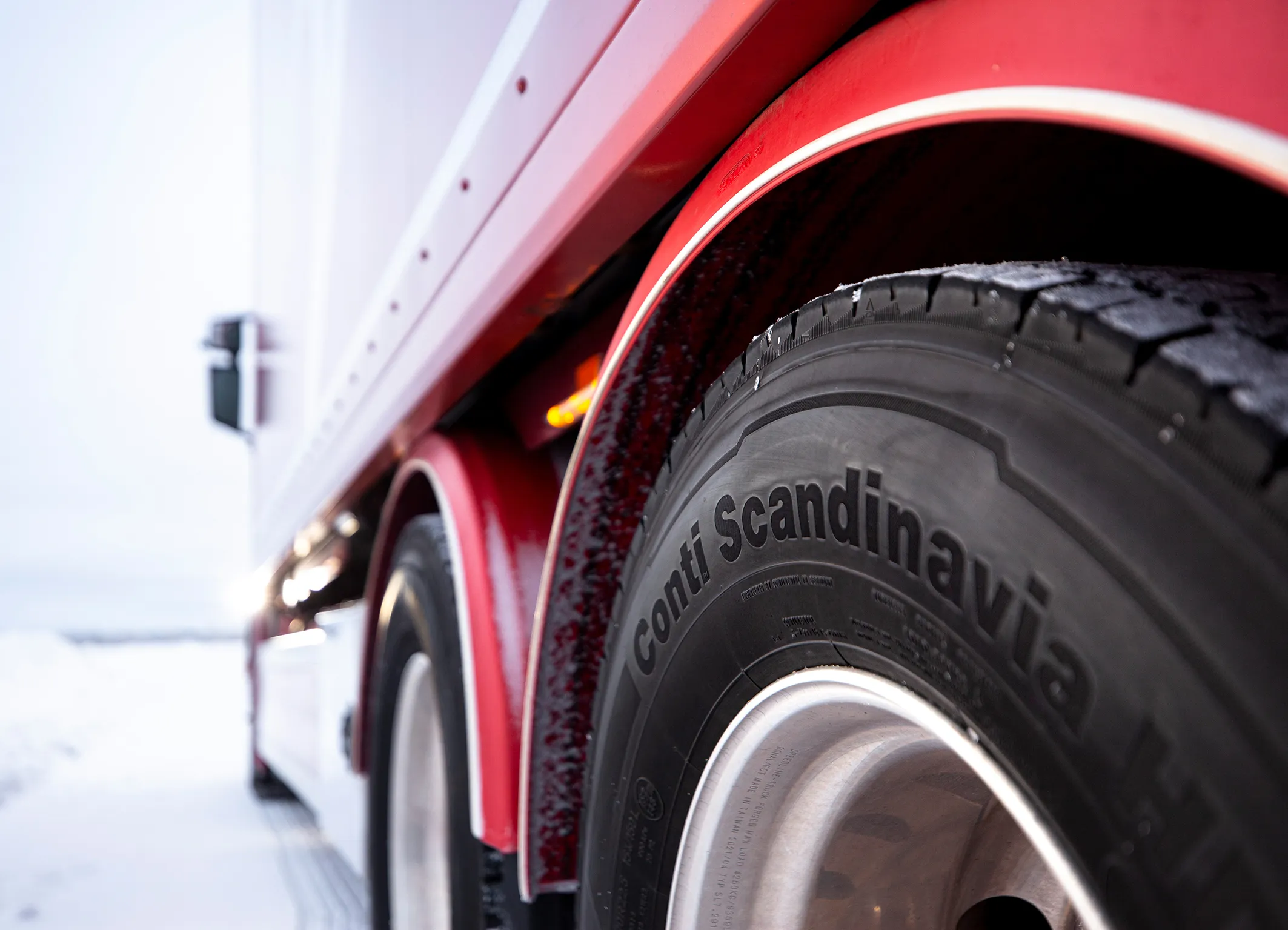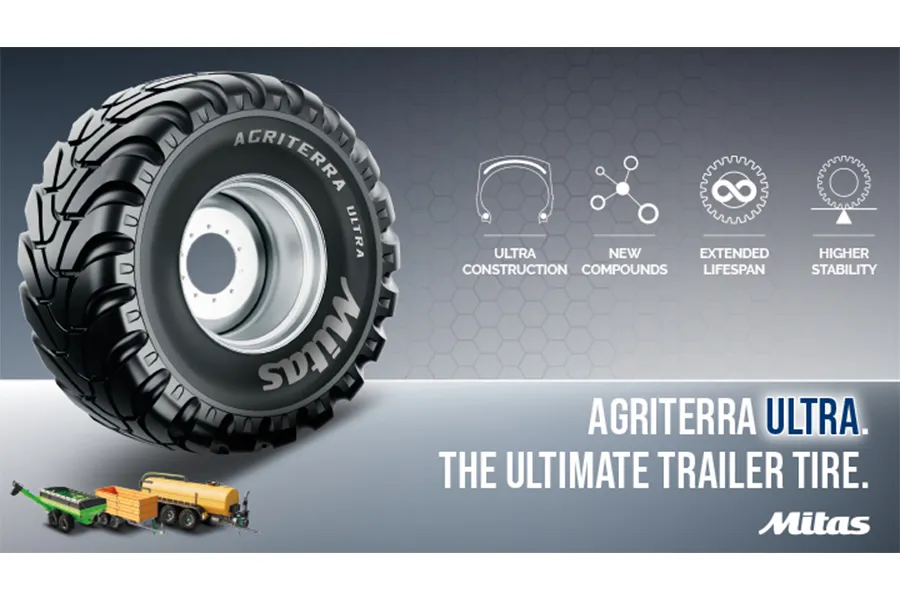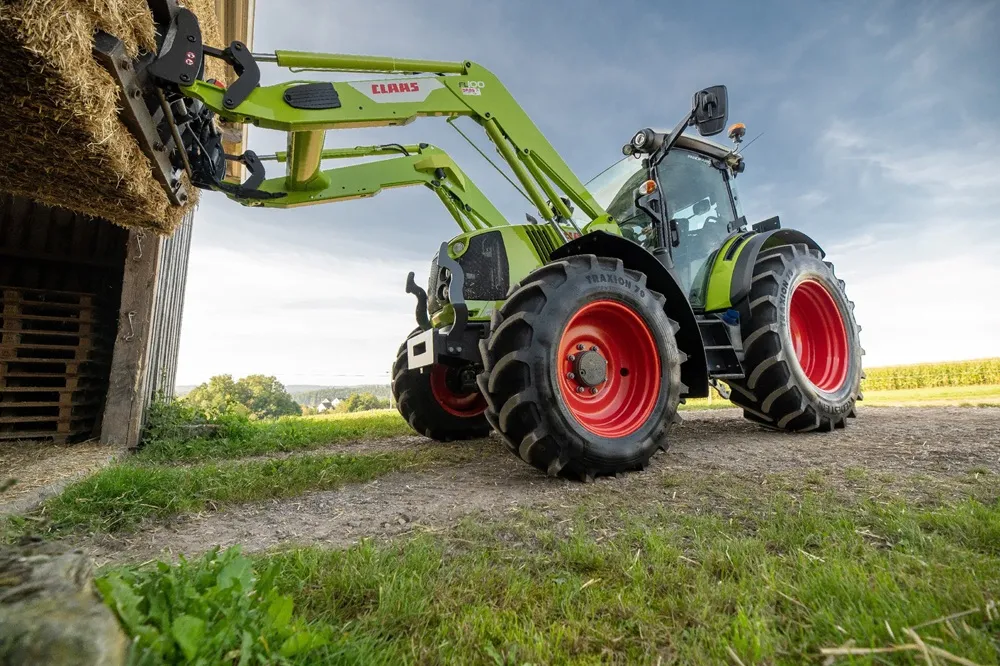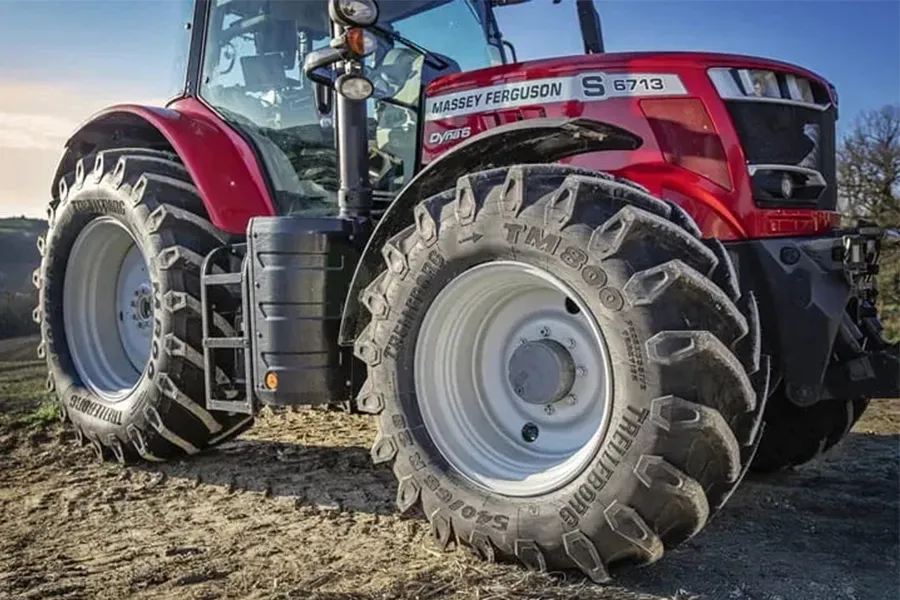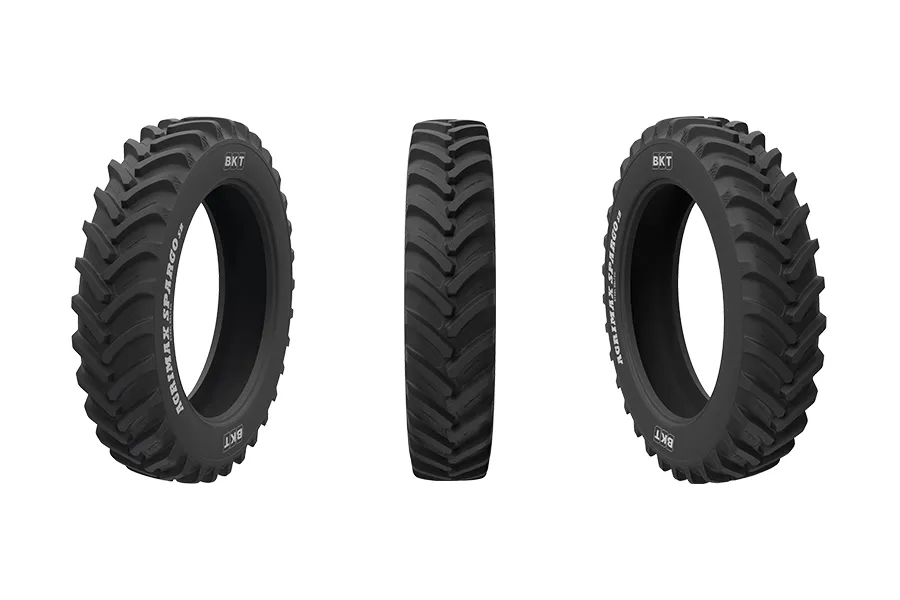Winter brochure contains tyre-related information for the winter season
Continental summarises the updated Regulations for Winter Tyres in 38 Countries
Continental has compiled the latest regulations covering winter tyres for commercial vehicles from 38 countries – including changes made for winter 2023/2024. The legal regulations governing the winter equipment for trucks, buses and vans are handled differently in different countries. Continental will publish the applicable legal recommendations in the fall, giving fleet managers, bus and truck drivers a clear overview of the latest winter regulations in the countries where their vehicles are operating.
Differences in Winter Regulations depending on the Weather Conditions
In countries such as Great Britain, Hungary, the Netherlands, Poland and Portugal, there remains no general obligation to fit winter tyres on commercial vehicles. In Germany, trucks from 3.5 metric tons must use 3PMSF tyres for their steer and drive axles. In Italy, the winter equipment required is shown by traffic signs on some roads, while in countries including Bulgaria and Latvia a minimum tread depth is prescribed. In addition, Scandinavian countries like Sweden stipulate that vehicles weighing more than 3.5 metric tons must use tyres with the 3PMSF or POR mark, or studded tyres, on the front and drive axles, as extreme weather conditions are prevalent. Using M+S tyres will only continue to be allowed here until November 30, 2024.The current requirements for Germany are unchanged compared to last year. The same applies in the important transit countries and the majority of other countries.
Changes in France, Iceland, Kosovo and Switzerland
In France, type M2/M3 buses must be equipped with removable anti-skid devices for at least two driven wheels or with 3PMSF winter tyres on the front steer axle and at least two driven wheels. A transition period until November 2024 applies for M+S tyres already used. Vehicles with a permissible gross vehicle weight of under 3.5 metric tons can drive on studded tyres from November to March, provided they do not exceed a maximum speed of 90 km/h. Vehicles fitted with studded tyres have to be identified by a label in France. Using studded tyres on vehicles with a gross vehicle weight over 3.5 metric tons is prohibited here.
In Iceland winter tyres are not mandatory. From November 1 to April 14, tyres must have a minimum tread depth of 3 millimeters. Snow chains are prohibited if they might damage the roads. Using studded tyres is permissible in Iceland from November 1 to April 14. In Kosovo, transportation vehicles with a maximum permissible gross vehicle weight of 3.5 metric tons must use winter tyres with a M+S marking on all wheels from November 15 to March 15. Summer tyres with a minimum tread depth of 4 millimeters may still be used, as long as snow chains are fitted on the tyres on the driven wheels. Buses and transportation vehicles with a permissible gross vehicle weight of more than 3.5 metric tons must use snow chains or winter tyres (with M+S marking) on the driven wheels. Snow chains may be used on the driven wheels, but studded tyres are prohibited.
The winter regulations in Switzerland have been updated and now permit the use of snow chains on suitable roads with appropriate signposting.
Conti Scandinavia tyre line offers all-round safety – all year round
Safe driving characteristics on wintry roads as well as in warmer conditions are the standout attribute of this tyre line. In winter this provides secure performance and in summer the result is fuel-saving, optimised rolling resistance and high mileage capability.

